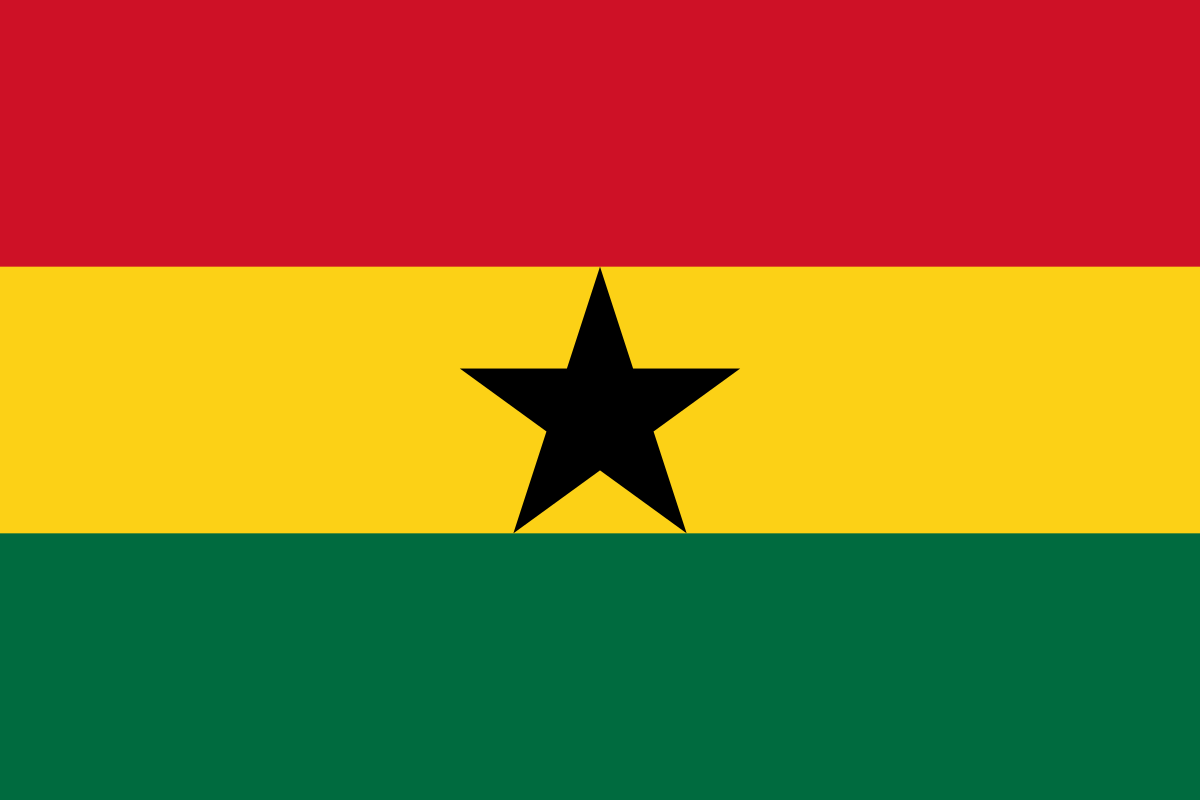In Rwanda, sports have played a vital role in uniting communities. As the country marks 31 years since Rwanda Patriotic Army (RPA) stopped the 1994 Genocide against the Tutsi and liberated the country, athletes across various sports reflect on how far Rwanda has come and how sports continues to contribute to peace and unity. For many athletes, July 4 is a powerful day to recognize the sacrifices made by the Rwanda Patriotic Front (RPF)-Inkotanyi and to honor their commitment by promoting peace through daily sports activities. Here what Liberation Day means for the sports fraternity: Jimmy Mulisa, former Amavubi player and coach, Founder of the Umuri Foundation Liberation Day as a moment to value the sacrifices made for Rwanda’s freedom. Sport was among the tools that brought back unity among Rwandans. It’s our duty to preserve our country’s achievements through the sports activities we engage in. ALSO READ: Liberation day: Rwandans reflect on progress, opportunity, and freedom Wilson Jean Jacques Nshobozwabyosenumukiza, basketball player Liberation is a privilege that allows Rwandans to thrive peacefully with full support from the government. This shows that we have everything we need to shine. For instance, even where I’m standing now—on this basketball court—it’s over liberated ground. So let’s make the most of the opportunity we’ve been given. Lea Uwera, Kepler Women’s VC captain Liberation Day is a reminder of the sacrifices made by the RPF to ensure peace and security. This day encourages us to keep fighting for a better country—by excelling through sports and aiming to represent Rwanda on international stages. Tharcisse Kamanda, Rwanda Rugby Federation president. Liberation is closely tied to the country’s development—especially in terms of sports infrastructure that didn’t exist before. We have gained talented athletes, and we now have major facilities like the Amahoro Stadium complex in Remera. It’s our role to sustain these facilities and support our athletes. ALSO READ: Rubavu welcomes thousands for liberation holidays Delphine Uwase, Karate instructor The seeds planted during the liberation are now bearing fruits of unity and love that we use to develop sports. To me, this is a valuable day. Dieudonné Munyaneza, wheelchair basketball player Inclusivity in sports is seen as a result of the country’s liberation. As someone born with a disability, I see sport as a form of inclusion and empowerment. It didn’t leave us behind. I encourage fellow athletes to walk in the footsteps of our leaders—by rejecting divisive ideologies and striving to develop our country.
Provided by SyndiGate Media Inc. (
Syndigate.info
).







